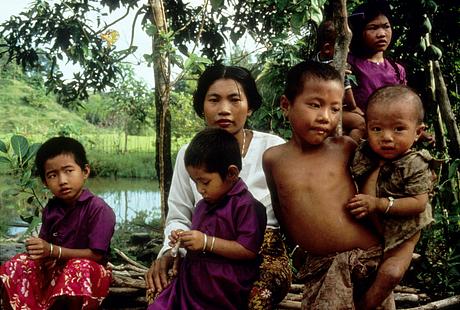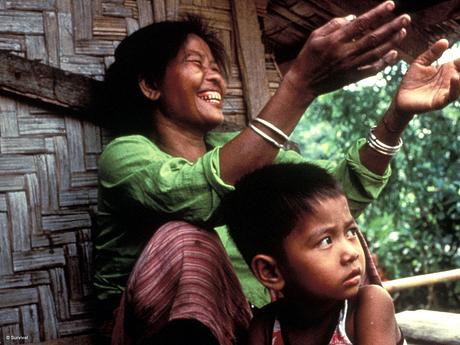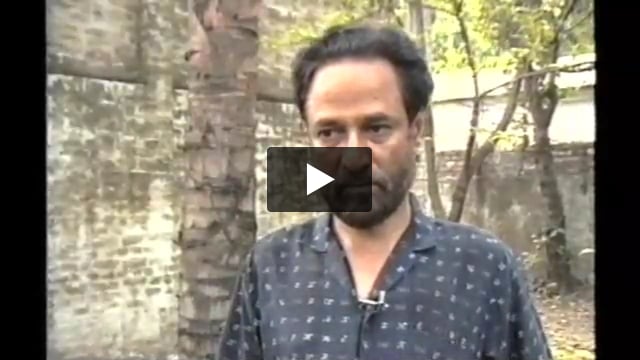Bangladesh tribe falls victim to rise in sex attacks and killings
October 19, 2011
 © Mark McEvoy/Survival
© Mark McEvoy/SurvivalThis page was last updated in 2011 and may contain language which is now outdated.
A minority rights watchdog in Bangladesh has exposed ‘unabated’ levels of violence against Indigenous women and children from the Chittagong Hill Tracts (CHT).
The CHT, in southeastern Bangladesh, are home to eleven tribes, known collectively as Jummas.
In the last four months, the Kapaeeng Foundation has recorded nine serious attacks. Four Jummas have been killed, four raped and two children assaulted.
The most recent victim was 32-year-old Pratima Chakma. Her body was discovered on October 1 in a ditch in Kamalchari village. She had been raped and then killed.
In July, five year-old Mong Nuching Marma, from the Marma tribe (one of the largest in the CHT), was killed, along with his grandfather and his mother. They had reportedly been trying to stop a Bengali settler raping a 15 year-old relative. Villagers allege that the perpetrator is known to have been involved in a land dispute with the family.
Land disputes between Bangladesh’s Indigenous Jummas and hundreds of thousands of settlers brought to the region by the government are commonplace, often resulting in violence.
In April this year settlers, supported by the army, burned six Jumma villages to the ground following such a dispute. Bangladesh soldiers routinely stand by and watch while settlers attack Jummas and their homes.
In 1997 the government and the Jummas signed a peace accord that committed the government to removing military camps from the region and to ending the theft of Jumma land by settlers and the army.
However, fourteen years on military camps remain in the Hill Tracts, and violence and land grabbing continue.




